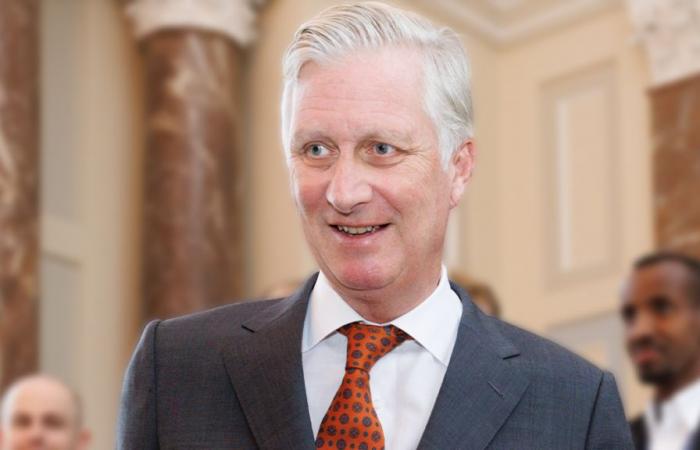
As Hungary threatens to block the renewal of sanctions against Russia, the European Union plans to appeal to an 81-year-old Belgian law and King Philippe to safeguard frozen Russian assets.
The European Union is preparing for an unprecedented scenario: Hungary, led by Viktor Orbán, could veto the renewal of sanctions against Russia. Faced with this threat, the EU plans to appeal to a Belgian law dating from 1944 and to King Philippe to safeguard frozen Russian assets, as revealed by The Financial Times.
Viktor Orbán has informed European leaders that he could block the renewal of sanctions against Russia, which requires unanimity of member states. He is waiting for the inauguration of the new American president to make his decision. If the United States eases its sanctions, Hungary will ask the EU to do the same.
Lifting sanctions would jeopardize the freezing of 190 billion euros in Russian assets held by Euroclear, a central securities depository based in Belgium. The interest generated by these assets is intended to repay a $50 billion loan granted to Ukraine. These funds are seen as a crucial part of a possible ceasefire agreement.
-A Belgian law from 1944 as a solution?
According to The Financial Times, one of the options considered by the EU is to appeal to a Belgian law dating from 1944, which authorizes the King to block the transfer of assets out of the country in times of war. This law could make it possible to maintain the freezing of Russian assets even in the event of a Hungarian veto.
Belgium has always been reluctant to take national action regarding frozen Russian assets, for fear of exposing itself to legal action by Russia. The use of this exceptional law could also violate a bilateral investment treaty between Belgium and Russia.
The EU is exploring other avenues to safeguard the sanctions, including the possibility of stripping Hungary of its voting rights. However, this radical measure would require unanimity from other member states, which seems unlikely.
king Philippe europe russia sanctions economic sanctions





